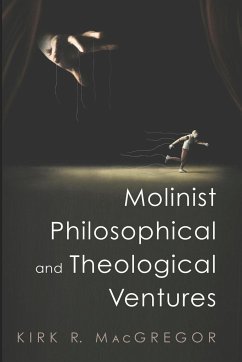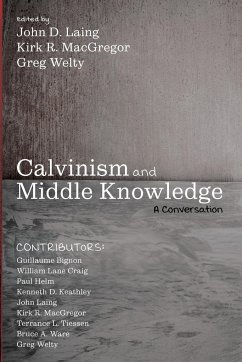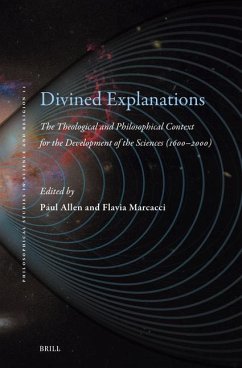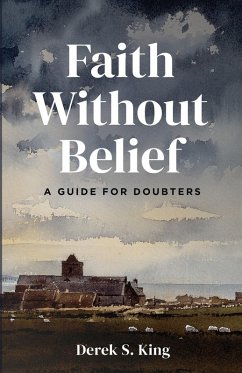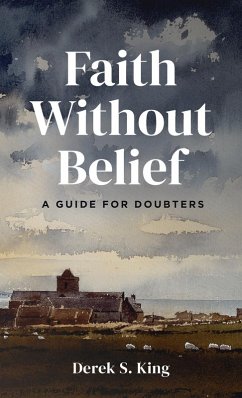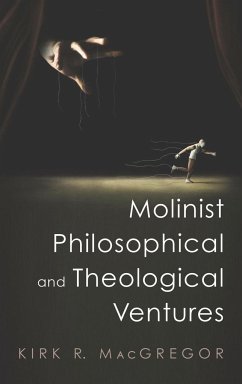
Molinist Philosophical and Theological Ventures
Versandkostenfrei!
Versandfertig in 1-2 Wochen
33,99 €
inkl. MwSt.
Weitere Ausgaben:

PAYBACK Punkte
17 °P sammeln!
This volume represents a significant advance of the philosophical and theological conversation surrounding Molinism. It opens by arguing that Molinism constitutes the best explanation of the scriptural data on divine sovereignty, human freedom, predestination, grace, and God's salvific will. The alleged biblical prooftexts for open theism are better explained, according to Kirk MacGregor, by Molinism. Responding to philosophical critics of Molinism, MacGregor offers a novel solution to the well-known grounding objection and a robust critique of arguments from explanatory priority. He also pres...
This volume represents a significant advance of the philosophical and theological conversation surrounding Molinism. It opens by arguing that Molinism constitutes the best explanation of the scriptural data on divine sovereignty, human freedom, predestination, grace, and God's salvific will. The alleged biblical prooftexts for open theism are better explained, according to Kirk MacGregor, by Molinism. Responding to philosophical critics of Molinism, MacGregor offers a novel solution to the well-known grounding objection and a robust critique of arguments from explanatory priority. He also presents a Molinist interpretation of branching time models as heuristic illustrations of the relationship between possibility and feasibility. Seeking to push Molinism into new territories, MacGregor furnishes a Molinist account of sacred music, according to which music plays a powerful apologetic function. Finally, regarding the nature of hell, MacGregor contends that Molinism is compatible with both eternalism and eventual universalism.




